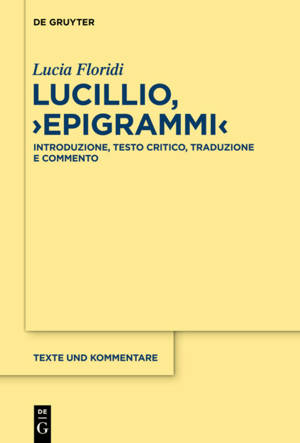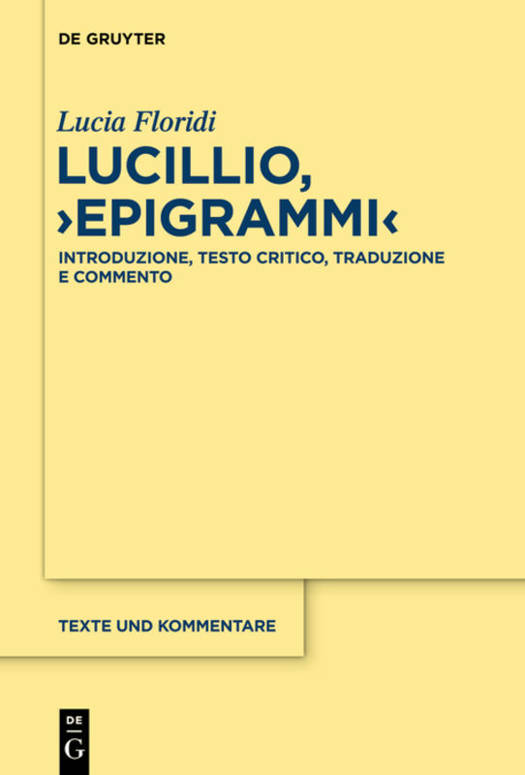
- Afhalen na 1 uur in een winkel met voorraad
- Gratis thuislevering in België vanaf € 30
- Ruim aanbod met 7 miljoen producten
- Afhalen na 1 uur in een winkel met voorraad
- Gratis thuislevering in België vanaf € 30
- Ruim aanbod met 7 miljoen producten
Omschrijving
This is the first modern commentary devoted exclusively to the epigrams of Lucillius, a prolific Neronian poet who, in spite of being one of the most significant representatives of the Greek satirical epigram, has primarily been studied not for his own value, but for the influence he had on Martial. About 140 epigrams of his survive, mostly in book XI of the Anthology.
The volume contains an extensive introduction, a new critical text and translation, and a full literary and philological commentary. While the body of the commentary focuses on the particular, providing literary readings of individual epigrams and a line-by-line linguistic, philological, and stylistic analysis, the introduction deals with Lucillius's identity, the tradition of the text, style, themes, metrics, and cultural setting, and additionally investigates the origins and development of Greek skoptic epigram.
Particular attention is paid to the way in which Lucillius engages with the conventions of the genre, often overturning the reader's expectations. In this way, the work explores the paradox inherent to the fact that a poetic form that was by its nature eulogistic (inscriptional epigrams were born in order to record, and thus celebrate, the dedication of an object or the death of a man) ultimately became the genre of mockery and abuse.
Specificaties
Betrokkenen
- Auteur(s):
- Uitgeverij:
Inhoud
- Aantal bladzijden:
- 672
- Taal:
- Duits
- Reeks:
- Reeksnummer:
- nr. 47
Eigenschappen
- Productcode (EAN):
- 9783110336160
- Verschijningsdatum:
- 27/08/2014
- Uitvoering:
- Hardcover
- Formaat:
- Genaaid
- Afmetingen:
- 156 mm x 234 mm
- Gewicht:
- 1206 g

Alleen bij Standaard Boekhandel
Beoordelingen
We publiceren alleen reviews die voldoen aan de voorwaarden voor reviews. Bekijk onze voorwaarden voor reviews.











